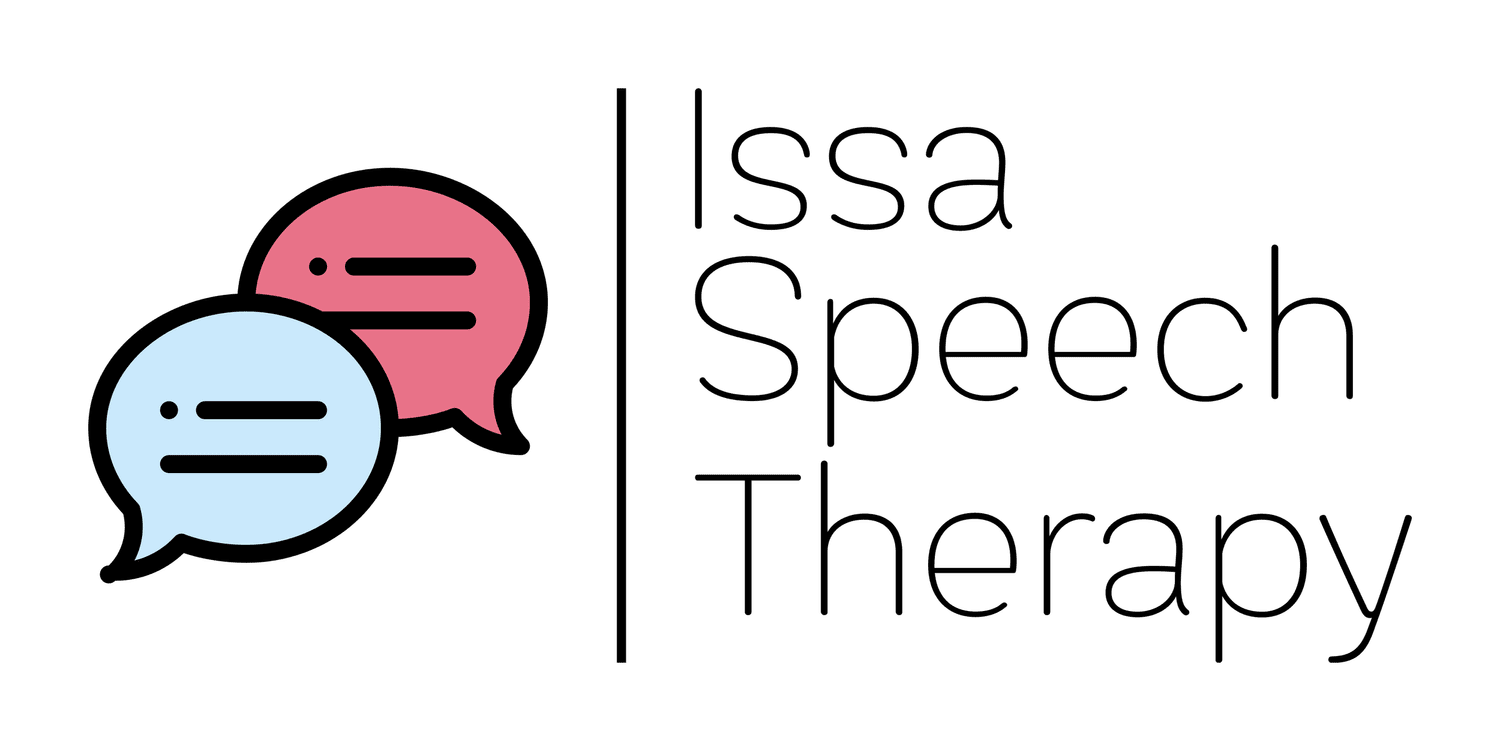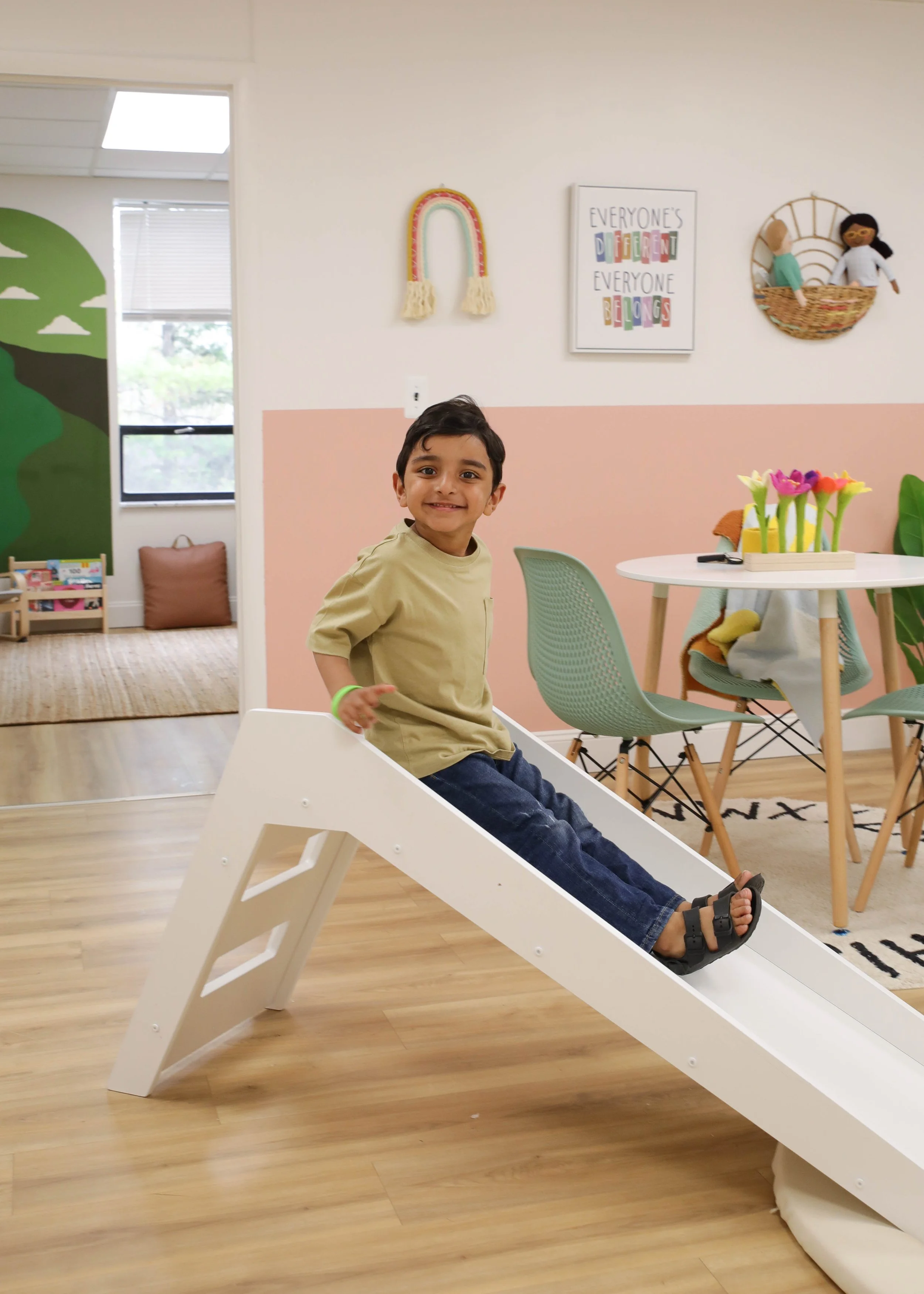
Speech and Language Milestones for 5-Year-Olds
According to the American Speech-Language-Hearing Association (ASHA), the following are some speech and language milestones for a 5-year-old child:

Articulation and Speech Sounds:
The child should be able to produce all speech sounds correctly, except for a few difficult sounds like "r," "th," and "s."
They should be easily understood by both familiar and unfamiliar listeners.
They should use proper grammar and sentence structure.
Vocabulary and Expressive Language:
The child should have a vocabulary of about 2,100 to 2,200 words.
They should be able to use complex sentences with multiple clauses.
They should use appropriate verb tenses, pronouns, and prepositions.
Comprehension and Receptive Language:
The child should understand and follow increasingly complex instructions.
They should comprehend stories and answer questions about them.
They should have a good understanding of spatial and temporal concepts (e.g., in, on, under, before, after).
Narrative Skills:
The child should be able to tell and retell a simple story in a logical sequence.
They should use appropriate vocabulary, grammar, and sentence structure while telling stories.
Social Communication:
The child should be able to initiate and maintain conversations with peers and adults.
They should take turns in conversations and stay on topic.
They should demonstrate an understanding of nonverbal cues, such as facial expressions and body language.
How do I know if my 5-year-old needs speech therapy?
Determining whether a 5-year-old child needs speech therapy is best done through a comprehensive evaluation conducted by a qualified speech-language pathologist (SLP). However, as a parent, there are certain signs that you can look out for that may indicate a potential need for speech therapy. Here are some indicators:
Articulation Issues:
Difficulty producing speech sounds appropriate for their age (e.g., substituting "w" for "r").
Consistently unclear speech that is difficult for others to understand.
Persistent difficulty with certain sounds that are typically mastered by their age.
Language Delays or Disorders:
Limited vocabulary compared to peers.
Difficulty understanding or following directions.
Struggling to form grammatically correct sentences.
Frequent difficulty expressing thoughts or ideas clearly.
Trouble understanding or using age-appropriate concepts (e.g., colors, numbers, spatial words).
Fluency/Stuttering:
Repeated or prolonged sounds, syllables, or words (e.g., "I-I-I want that").
Exhibiting tension or struggle while speaking.
Avoiding or showing anxiety about speaking situations.
Social Communication Issues:
Difficulty initiating or maintaining conversations with peers or adults.
Limited eye contact or understanding of nonverbal cues.
Challenges understanding and using appropriate social language in different contexts.
Persistent Issues:
If your child's speech or language difficulties persist over time and do not seem to improve naturally.
If their communication skills significantly lag behind those of their peers.
Remember, these signs are not definitive proof that your child requires speech therapy. However, if you notice multiple indicators or have concerns about your child's speech and language development, please contact us here. Issa Speech Therapy can assess your child's abilities and provide professional guidance on whether speech therapy is necessary. Early intervention is crucial for optimal progress, so it is better to seek an evaluation sooner rather than later.
Questions before getting started?

